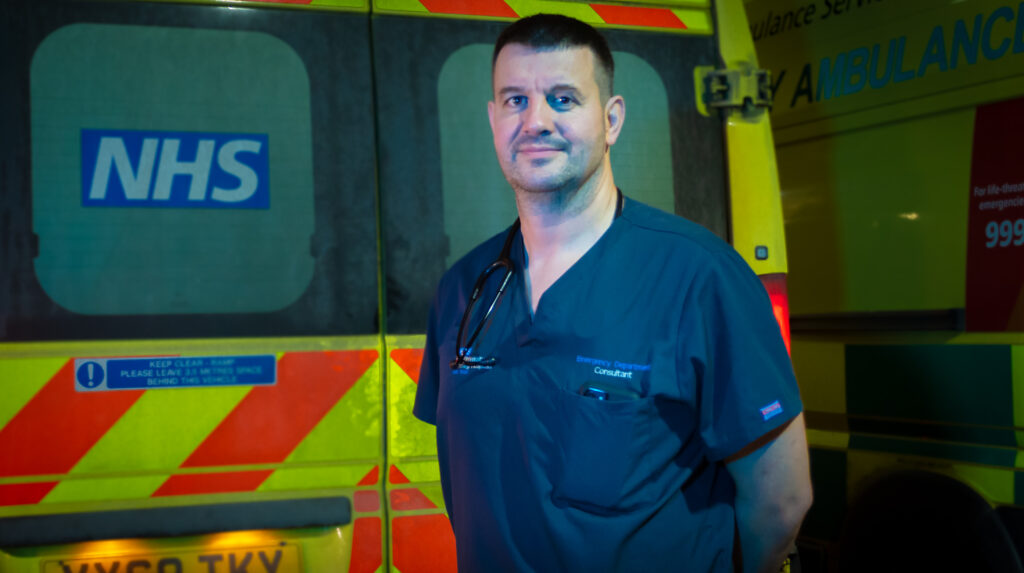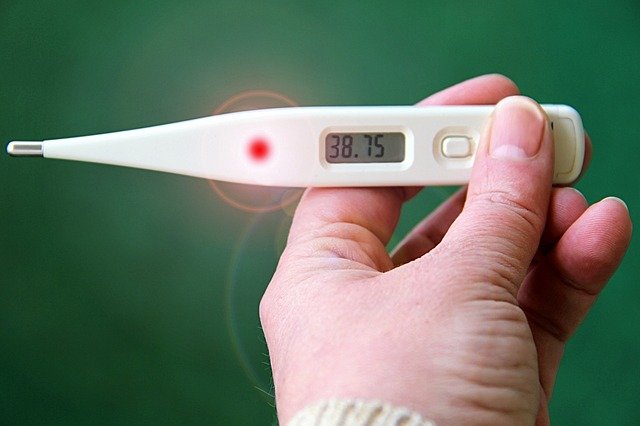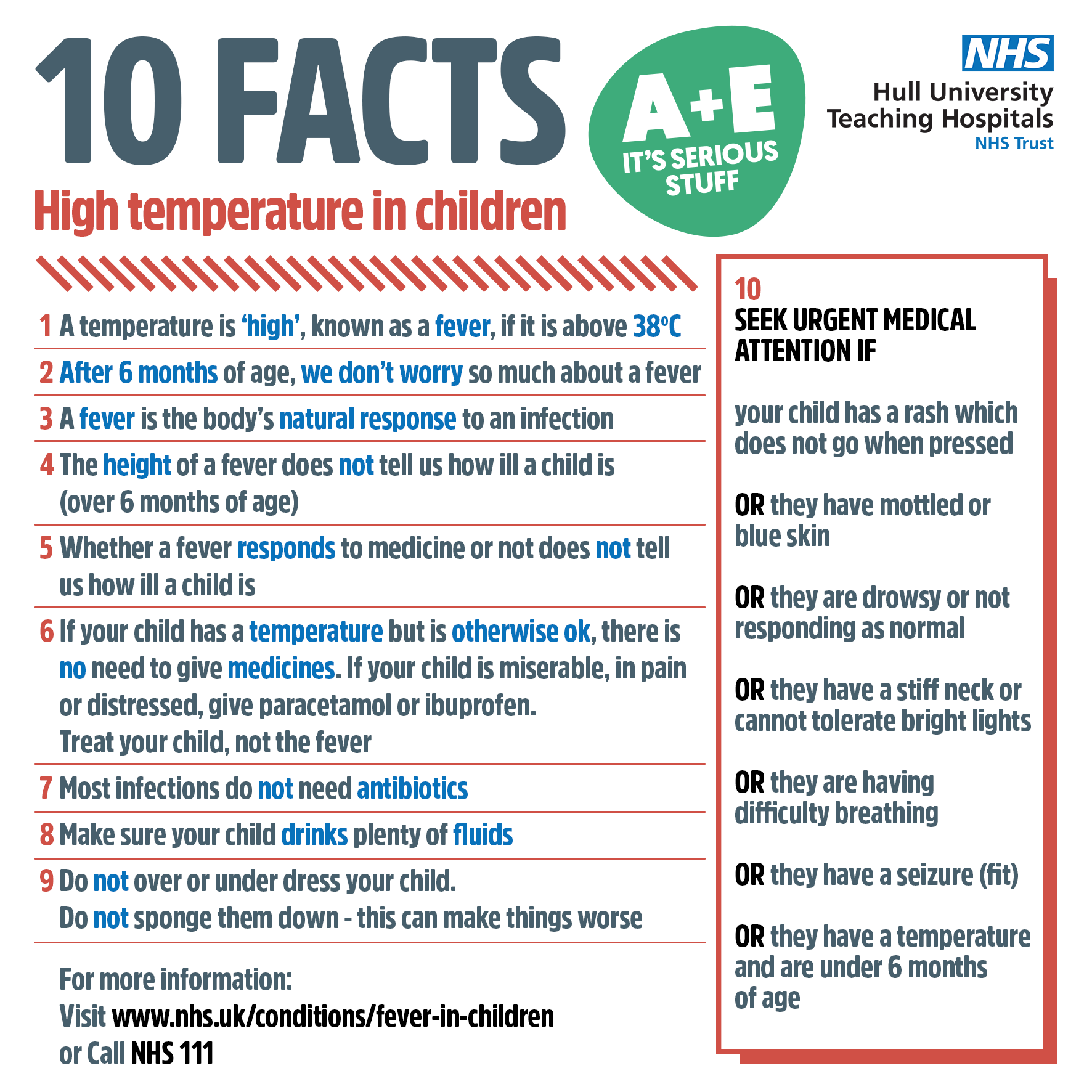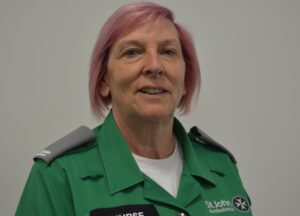Doctors in Hull are to undertake major research aimed at improving the treatment of people with blood cancers.
Hull University Teaching Hospitals NHS Trust, Hull York Medical School (HYMS) and the Universities of Hull and York have been awarded £2.3m to help people with Acute Myeloid Leukaemia (AML) and High-Risk Myelodysplastic Syndromes (HRMDS).
Around 500 patients will take part in the study – funded by the National Institute for Health Research (NIHR), the research partner of the NHS, public health and social care – which aims to examine if blood tests can be used safely to identify serious fungal infections, reducing the use of antifungal drugs and safeguarding their future use.
Chief Investigator Dr Gavin Barlow, Senior Clinical Lecturer at the Medical School and an Honorary Consultant in Infection at the Trust is leading the project with Co-Chief Investigator Dr David Allsup, Senior Clinical Lecturer in Haematology at the Medical School and an Honorary Consultant at the Trust.
Dr Barlow said: “This research will place Hull at the forefront of the good stewardship of antifungal drugs so they remain effective for people developing life-threatening fungal infections in the future.
“Some patients diagnosed with AML and HRMDS can develop serious fungal infections while undergoing intensive chemotherapy. Because fungal infections are difficult to diagnose, patients are often prescribed antifungal drugs as a preventative therapy known as prophylaxis and then often receive more antifungal drugs on top if they become unwell.
“Our findings may prevent patients having to take prophylaxis drugs every day, which have potential side-effects and most patients don’t actually need. This reduction in use will hopefully decrease the risk of fungi becoming resistant to antifungal drugs, protecting them for patients who really do need them, both now and in the future.”
Hull researchers consulted patients with the help of Leukaemia Care before submitting their successful bid for funding and they will continue to be consulted throughout the study, expected to be completed in February 2026.
Dr Allsup said: “Patients told us the number of drugs they have to take is a burden but they did not think blood tests will be a big problem.
“Instead, some were concerned fungal infections might become resistant if we keep overusing antifungal medications.
“The grant will also help develop research capability locally in the areas of haematology and infection.”
The Hull team will work with the York Trials Unit at the University of York, researchers at the University of Liverpool and King’s College Hospital NHS Foundation Trust, the British Society for Antimicrobial Chemotherapy, and the AML Supportive Care Sub-Group of the National Cancer Research Institute.
They will also work with other NHS hospitals to see if the regular blood testing approach is a safe and effective way of identifying and treating serious fungal infections in this group of highly vulnerable patients.












 The new sheet, made from recycled plastic and wrapped in biodegradable packaging, will help staff move people with mobility problems including bariatric patients, those recovering from surgery and patients with frail or fragile skin.
The new sheet, made from recycled plastic and wrapped in biodegradable packaging, will help staff move people with mobility problems including bariatric patients, those recovering from surgery and patients with frail or fragile skin.


